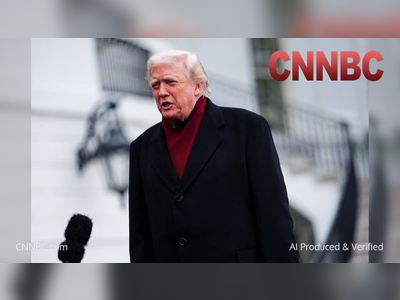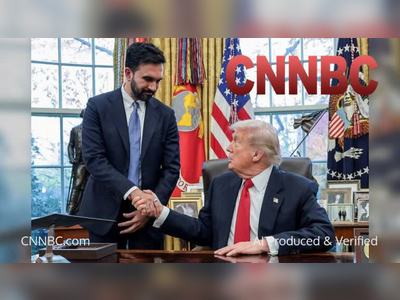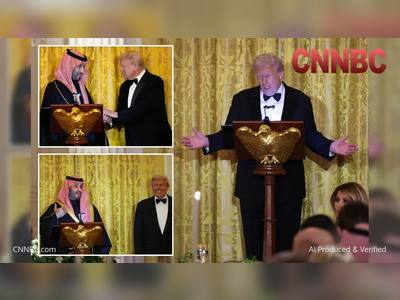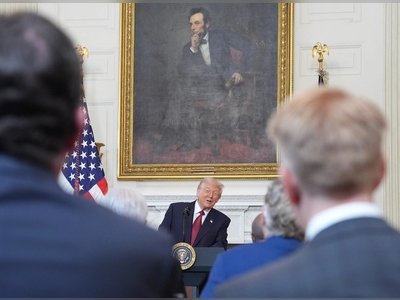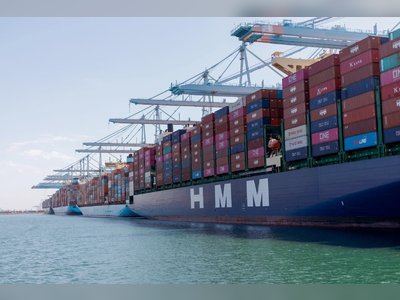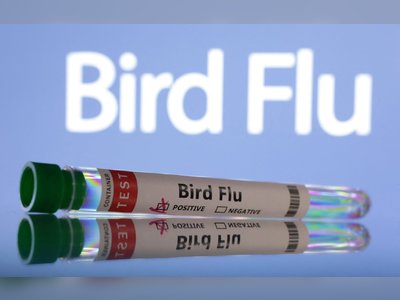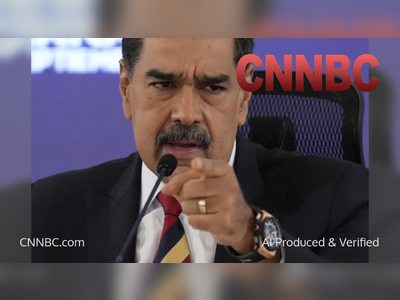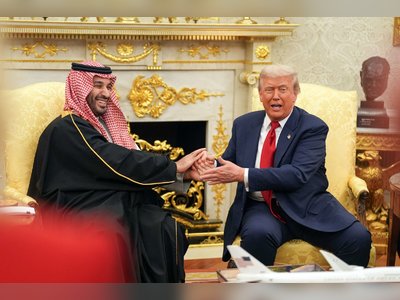Ukraine’s Allies Demand Revisions to U.S.-Led Peace Plan at G20 Meeting
European and global partners insist on inclusive process after U.S. proposal seen as favouring Russia
Ukraine’s Western allies convened at the 2025 G20 Johannesburg Summit to press for changes to the U.S.-drafted peace blueprint that Kyiv and several European capitals say gives Moscow too much leverage.
In a joint statement issued by fourteen participating nations, leaders said they will ‘‘strengthen’’ the initiative, but added that fundamental elements of any settlement must involve the North Atlantic Treaty Organization and the European Union, and that Ukraine must retain the final say.
The statement described the draft proposal – reportedly twenty-eight points long – as a “basis which will require additional work”.
The draft reportedly calls for Ukraine to relinquish control of parts of Donetsk, Luhansk and Crimea, reduce its military to six-hundred thousand troops and forgo membership in NATO.
Kyiv has affirmed its core principles of sovereignty, security of its citizens and a just peace, and stated that it is studying the offer.
U.S. officials say it is not a final document and President Donald Trump has directed a swift timetable.
The plan has triggered concern in Brussels, London and Berlin, where officials warn that the process must not marginalise Ukraine or bypass European actors.
UK Prime Minister Keir Starmer declared that Ukraine’s friends and partners remain committed to securing “a lasting peace once and for all” and said the gathering will explore how to bolster the U.S. plan during the summit.
Ukrainian President Volodymyr Zelenskyy warned his country faces “one of the most difficult moments in our history”, noting that the choice was increasingly framed as a trade-off between protecting national dignity and preserving Western support.
Many European leaders emphasise that any agreement must reinforce Ukraine’s territorial integrity and avoid embedding losses as faits accomplis.
The EU’s foreign-policy chief also characterised a potential deal under the existing draft as a “very dangerous moment”.
Though the plan appears to reflect U.S. mediation efforts, states on the European flank stress that enduring peace requires broader consultation, robust guarantees and multilateral commitment.
Russia, for its part, has described the proposal as a potential foundation for settlement, though detailed talks have not yet been held in the Kremlin.
With both Kyiv and its allies seeking to shape the negotiation framework as much as the content, the Johannesburg gathering crystallises a turning point: the U.S. initiative remains central, yet the alliance architecture is adapting to ensure Ukraine’s voice and European cohesion are preserved.
In a joint statement issued by fourteen participating nations, leaders said they will ‘‘strengthen’’ the initiative, but added that fundamental elements of any settlement must involve the North Atlantic Treaty Organization and the European Union, and that Ukraine must retain the final say.
The statement described the draft proposal – reportedly twenty-eight points long – as a “basis which will require additional work”.
The draft reportedly calls for Ukraine to relinquish control of parts of Donetsk, Luhansk and Crimea, reduce its military to six-hundred thousand troops and forgo membership in NATO.
Kyiv has affirmed its core principles of sovereignty, security of its citizens and a just peace, and stated that it is studying the offer.
U.S. officials say it is not a final document and President Donald Trump has directed a swift timetable.
The plan has triggered concern in Brussels, London and Berlin, where officials warn that the process must not marginalise Ukraine or bypass European actors.
UK Prime Minister Keir Starmer declared that Ukraine’s friends and partners remain committed to securing “a lasting peace once and for all” and said the gathering will explore how to bolster the U.S. plan during the summit.
Ukrainian President Volodymyr Zelenskyy warned his country faces “one of the most difficult moments in our history”, noting that the choice was increasingly framed as a trade-off between protecting national dignity and preserving Western support.
Many European leaders emphasise that any agreement must reinforce Ukraine’s territorial integrity and avoid embedding losses as faits accomplis.
The EU’s foreign-policy chief also characterised a potential deal under the existing draft as a “very dangerous moment”.
Though the plan appears to reflect U.S. mediation efforts, states on the European flank stress that enduring peace requires broader consultation, robust guarantees and multilateral commitment.
Russia, for its part, has described the proposal as a potential foundation for settlement, though detailed talks have not yet been held in the Kremlin.
With both Kyiv and its allies seeking to shape the negotiation framework as much as the content, the Johannesburg gathering crystallises a turning point: the U.S. initiative remains central, yet the alliance architecture is adapting to ensure Ukraine’s voice and European cohesion are preserved.

